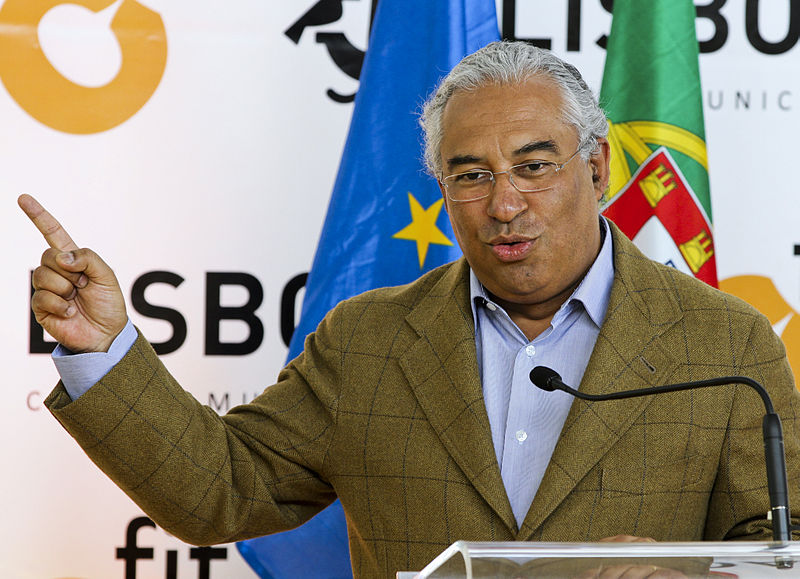
In a recent address, the Prime Minister of Portugal highlighted the growing presence of technology companies in the capital and argued that the Portuguese economy is undergoing a
transformation, even amidst international instability.
António Costa expressed this viewpoint during the inauguration of the Innovation Center of the Instituto Superior Técnico. He reiterated this sentiment following the speech of Carlos Moedas, the mayor of Lisbon and former European commissioner, who noted that 54 technology companies have recently established themselves in Lisbon, with 12 of them being valued at over one billion US dollars, earning them the title of "unicorns."
During the event, Prime Minister Costa reflected on the period of the Estado Novo regime's end, evoking the first significant advancement in Portugal with the widespread access to education. Nevertheless, he primarily focused on the era of socialist governments led by António Guterres, specifically the tenures of Mariano Gago and Marçal Grilo as Ministers of Science and Education between 1995 and 1999.
Costa then provided a series of statistics illustrating the progression of educational qualifications in Portugal from 2000 to 2022, highlighting trends such as the decrease in the number of students leaving full-time education and the increase in the number of young people with secondary education, bachelor's degrees, master's degrees, and doctorates.
He pointed out that in 2000, there were 17,000 researchers, whereas today the country boasts over 60,000. He delivered this information in the presence of his ministers of Science and Higher Education, Economy, and Territorial Cohesion, along with the representative of the European Commission in Portugal.
Costa acknowledged that there are currently numerous reasons for concern, including conflicts in Europe and the Middle East, climate change, pandemics, inflation, and rising interest rates. However, he emphasized that when examining the fundamentals, there are compelling reasons to have confidence in the future. Portugal has undergone a structural shift in its economy, overcoming a deficit in qualifications, which is essential for innovation.
He praised the governments of António Guterres, emphasizing that the active workforce has evolved significantly over the past 28 years, attributing this transformation to the sowing of seeds that are now yielding results in terms of human resources. Last year marked a milestone, with national exports representing more than 50% of the Gross Domestic Product.
Costa noted that this highly qualified generation in the labor market is reshaping companies today, with the export of goods surpassing the export of services.
He underlined that this shift is evidence of the real change occurring in the Portuguese economy. Costa also refuted claims that universities and companies are turning away, using the example of the participation in the Mobilizing Agendas component of the Recovery and Resilience Plan (PRR) to counter this perception.
During the event, the president of Instituto Superior Técnico challenged Mayor Carlos Moedas to establish an 'Innovation District Center,' a task that the former student of the institution readily accepted.
The event included the unveiling of a plaque commemorating the inauguration of the Instituto Superior Técnico's Innovation Center and showcased ongoing technological innovation projects, including mini satellites, Formula 1-style driverless prototypes, hydrogen gas cylinders for powering engines, and advanced drones. Photo by FraLiss, Wikimedia commons.








































